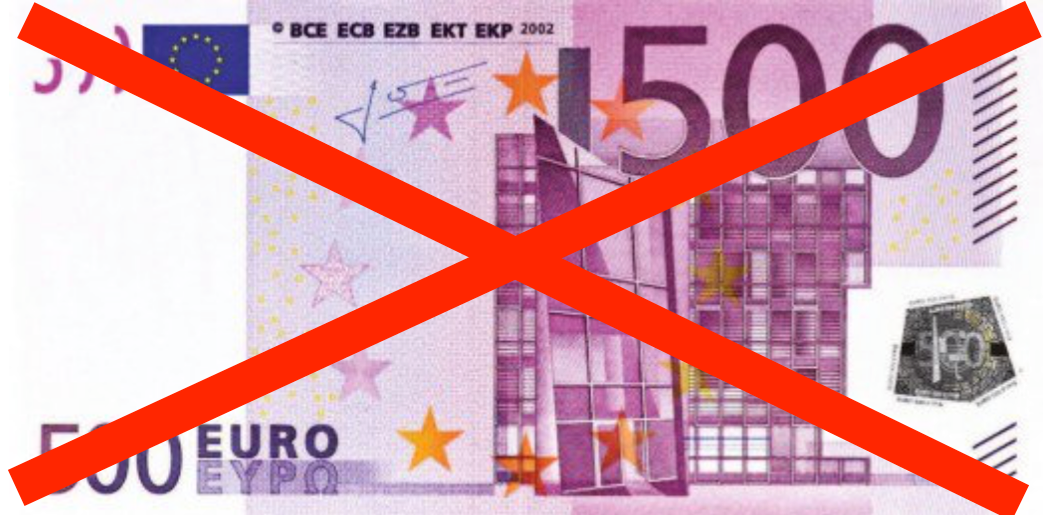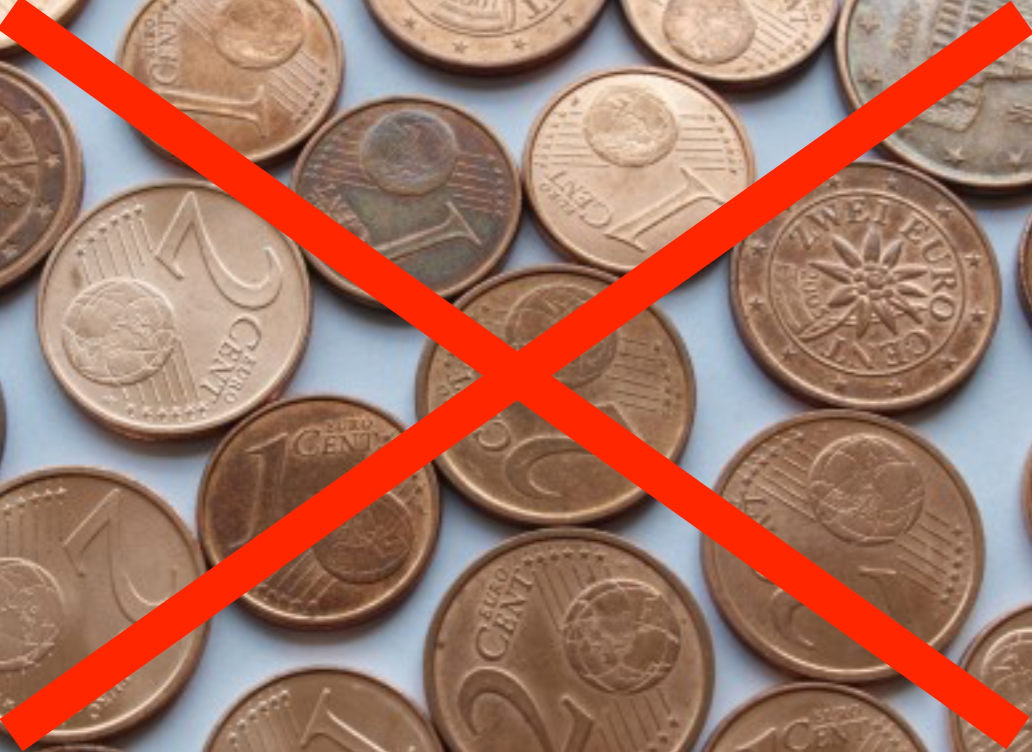I worked last week with a major credit card company, and one topic was whether cash will disappear. Will there come a day when all transactions are electronic, perhaps using your smart phone–or even, say, just your fingerprint–and cash will be kept only in museums?
 Some countries are almost there–in Sweden, for example, half the banks keep no cash on hand. Many restaurants and coffee houses no longer accept cash and churches, flea markets and even panhandlers take mobile phone payments.
Some countries are almost there–in Sweden, for example, half the banks keep no cash on hand. Many restaurants and coffee houses no longer accept cash and churches, flea markets and even panhandlers take mobile phone payments.
For merchants, going cashless lessens the threat of robbery and eliminates daily treks to the bank. This summer in the United States, Visa International announced it will give $10,000 grants to selected restaurant and food vendors who agree to stop accepting cash. (Merchants, of course, also pay a fee for every electronic transaction, significantly more in the US than in Europe.)
So is this the end of cash? As the saying goes, it’s complicated.
Electronic payments may be more convenient, but cash is still anonymous. As a result cash fuels criminal ventures as well as tax evasion. Large bills, in particular: $50,000 in $100s is a convenient stack only about 4 inches high. The EU will stop printing €500 notes, a criminal favorite, in 2018 and there are calls to eliminate the $100 bill in the US. And cash also powers the underground economy for tax evasion.
Governments, in short, might be just as happy to get rid of cash entirely. But many law-abiding citizens consider the privacy of cash a valuable option–even though they may not actually take advantage of it very often. It’s comforting to know that it’s there, and they’re likely to complain loudly if it’s threatened. When India removed some large bills from circulation in late 2016, the result was a months-long national crisis that nearly brought down the government.
My guess is that governments won’t go to the trouble of eliminating cash. What they will do is make cash increasingly less attractive to use. In southern Italy, where I spend part of the year, the “black” economy is huge–work is done off the books and paid for with cash. But the Italian government has gradually made it harder to withdraw or deposit even moderate amounts of cash at the bank without paperwork and questions. (The U.S. has similar bank regulations but for much larger amounts. For now.)
 On the other end of the scale, next year Italy will also stop minting 1 and 2 cent coins. Merchants will still be allowed to price merchandise at, say, €1.99–but you’ll only get that price if you pay electronically. For cash, the price will be rounded up to €2. The result is another subtle nudge toward cashless transactions.
On the other end of the scale, next year Italy will also stop minting 1 and 2 cent coins. Merchants will still be allowed to price merchandise at, say, €1.99–but you’ll only get that price if you pay electronically. For cash, the price will be rounded up to €2. The result is another subtle nudge toward cashless transactions.
Cash is likely to be with us much longer than many futurists predict. The real question may be: who will bother to use it?
By Michael Rogers
 Michael Rogers is an author, journalist and futurist, who most recently served as futurist-in-residence for The New York Times. Michael consults with both start-ups and Fortune 500 companies. He is a frequent guest on television and radio and speaks to audiences worldwide. Please visit Michael Roger’s website here.
Michael Rogers is an author, journalist and futurist, who most recently served as futurist-in-residence for The New York Times. Michael consults with both start-ups and Fortune 500 companies. He is a frequent guest on television and radio and speaks to audiences worldwide. Please visit Michael Roger’s website here.


This Post Has 4 Comments
Cash will not disappear. To be a cashless society the power system must be 100% reliable so that electronic payments can made and received. Just think about a storm power outage. After a few hours without power one realizes that electronic support is needed to transact cashless business.
This is really a extremely beneficial read for me, Have to admit you might be 1 in the most effective bloggers I ever saw.Thanks for posting this informative article.
hi, solid web log, just I dont see how to add your site in my rss reader. Could are Assist me please?
Really diggin what you have been posting here lately. Id love to see you continue with much more of this. Bookmarked!